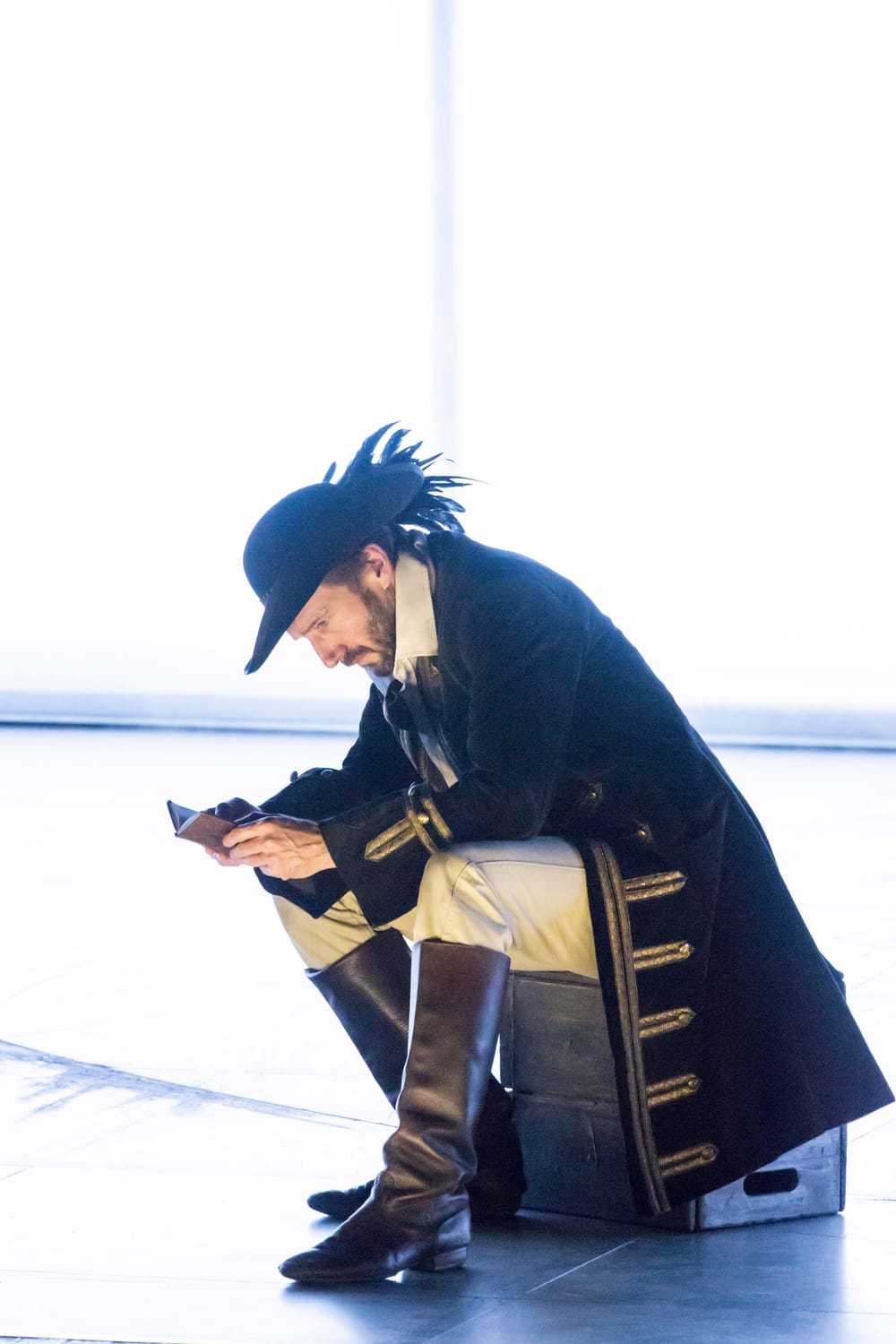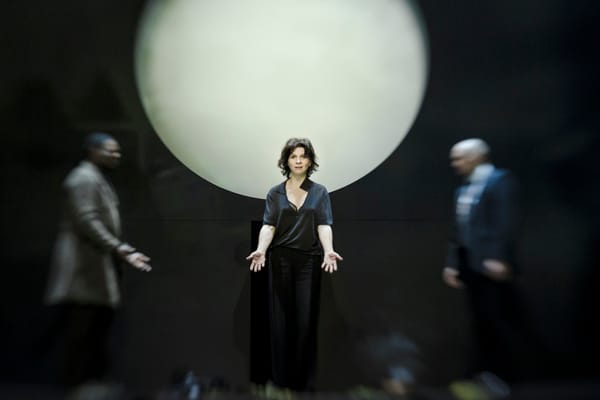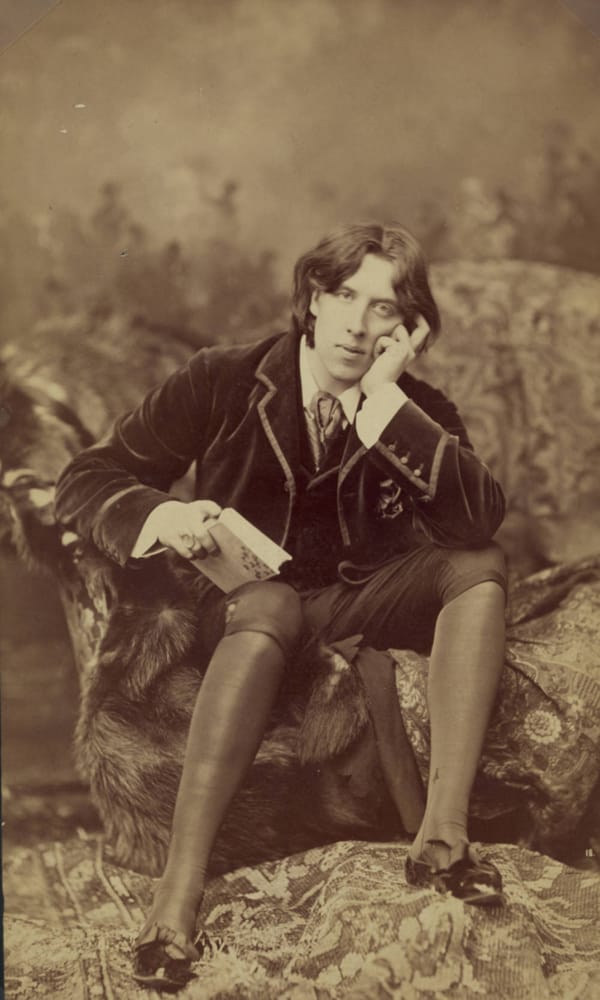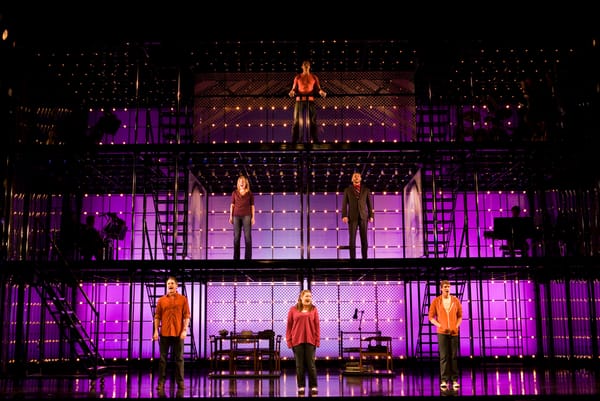Man and Superman: Comedy and Philosophy
Emiel de Lange revels in life’s big questions at the National’s new production

Man and Superman is at once both funny and serious. Billed as a “comedy and a philosophy”, this dual nature has posed problems in the past and at first Bernard Shaw staged these parts separately.
This season, the National Theatre presents the complete work, and, at almost four hours long it is quite an achievement. “The highest form of art is tragedy”, remarks the Devil as he bemoans humanity’s obsession with death. It is interesting then, that Shaw’s ambitious work is successful as a comedy – the audience was frequently in hysterics. The humour is always witty and intelligent, and never distracts us from the deeper reflections; instead it underlines the absurdities of society, marriage, life. The play fully grapples with such big issues as the characters engage in lengthy debate. Indeed, our hero’s verbosity is the butt of the final punchline, but the weight of his discourse refuses to be forgotten.
These torrents of words, a man’s sincere attempt to find meaning in life, become spellbinding and deeply personal in the hands of Ralph Fiennes, who plays the part with complete conviction. At the height of his philosophising he turns to the audience, his eyes red with emotion, and we have no choice but to empathise with him for, like him, we realise that we too seek answers to these questions. This powerful sequence, set in a hellish dream, gives way again to the plot whose sunny scenes at the poolside are now left with a sense of emptiness.
Perhaps this is the difficulty of the philosophical comedy, but as the remaining acts progress they do create their own significance. This is thanks in large part to the performance of Indira Varma as the heroine Ann – both a symbol of feminist emancipation and a danger to the freedom of men. Her character is endlessly intriguing and enigmatic, and her marriage to Fiennes’ Tanner is revealed as the inevitable direction the plot must take. For Tanner to reverse his position on marriage so suddenly (having already heard a multitude of his revolutionary tirades on the subject) without a hint of contrivance we require formidable acting and direction, and that is what we get.
Indeed, the entire cast is formidable and their comedic timing is perfect; I particularly enjoyed Tim McMullan’s performance in the role of Mendoza and the Devil – the antagonist to Fiennes’ philosophical searching and the comedic centrepiece (the bickering between his anarchist and social democrat friends was particularly funny). Only the working-London accent of Straker and Hector Malone’s American felt slightly forced and unnatural.
The scenery, designed by Christopher Oram, with videos by Luke Halls, is beautifully vague while still providing necessary context; dreamy backdrops of moving clouds or hell-fire surround a more concrete set of props. These props are unobtrusive and do not distract from the drama, but add a comic touch now and then – such as the elevator between heaven and hell. If, like me, you enjoy theatre that is deep and thought-provoking, then this is a must-see play.
Man and Superman is on at the National Theatre until 15th May. Tickets from £15.









